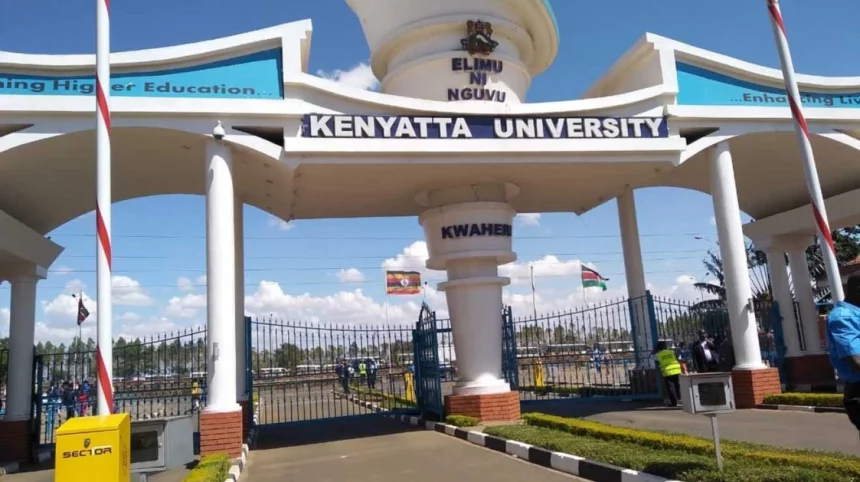The pervasive issue of fake academic and professional papers in Kenya has escalated, undermining the integrity of education and professional fields.
According to a Public Service Commission audit, over 2,000 public officers were found to have secured jobs, promotions, and re-designations through fake papers.
Instances of individuals climbing career ladders with fake qualifications have been rampant, with even political figures and a “doctor” performing surgeries without proper credentials coming to light.
Over the years, Kenyans have observed political figures engaging in the dubious practice of obtaining counterfeit academic qualifications for electoral eligibility.
In the 2022 elections, a well-known politician in Nairobi could not validate his actuarial science degree from a renowned Kenyan university, subsequently producing a degree from a Ugandan university to vie for a gubernatorial position.
Similarly, the 2017 elections in Kiambu County saw a war of academic paper authenticity where two foremost gubernatorial contenders leveled accusations at each other of holding fake academic credentials from an Indian university.
The crux of the Kiambu gubernatorial election boiled down to the legitimacy of their bachelor’s degree.
This widespread forgery, humorously noted in Europe with a joke about the authenticity of Kenyan PhDs, where only one in three are legit, underscores the systemic flaws in verifying academic and professional credentials.
Currently, verifying academic papers in Kenya is superficial, relying on legal verification without direct confirmation from issuing institutions, making it easy for fraudulent activities to thrive.
Several reform proposals can help streamline the verification process by addressing this pandemic and enhancing the transparency and authenticity of academic and professional qualifications.
Suggested measures include requiring Kenyan universities to publish annual lists of graduates and professional bodies to list certified individuals online, enabling employers to verify credentials easily.
Additionally, introducing a public service clearance letter for degree and professional paper authentication and enhancing the verification process for foreign degree holders are recommended.
The collaboration among the Ethics and Anti-Corruption Commission (EACC), Kenyan police, and the Commission of University Education (CUE) in prosecuting high-profile cases is crucial to deter fraud.
Fraudulent practices are likely to persist without significant legal actions against offenders and recovery of unlawfully gained benefits.
These fraudulent practices not only devalue genuine academic achievements but also jeopardize Kenya’s reputation as among the leading academic hubs in Africa.
The continuous occurrence of deceptive activities risks tarnishing Kenya’s educational reputation globally.
Immediate and decisive action is necessary to safeguard academic standards and uphold the transformative power of education, as envisioned by the late Nelson Mandela.
Implementing these reforms could significantly reduce the incidence of fake papers, restore faith in the Kenyan education system, and ensure that meritocracy prevails in professional advancements.
Dr. Odhiambo, Ph.D. is a Lecturer of Actuarial Science at Meru University of Science and Technology (MUST) and a Post-Doctoral Researcher at Umeå University, Sweden.



